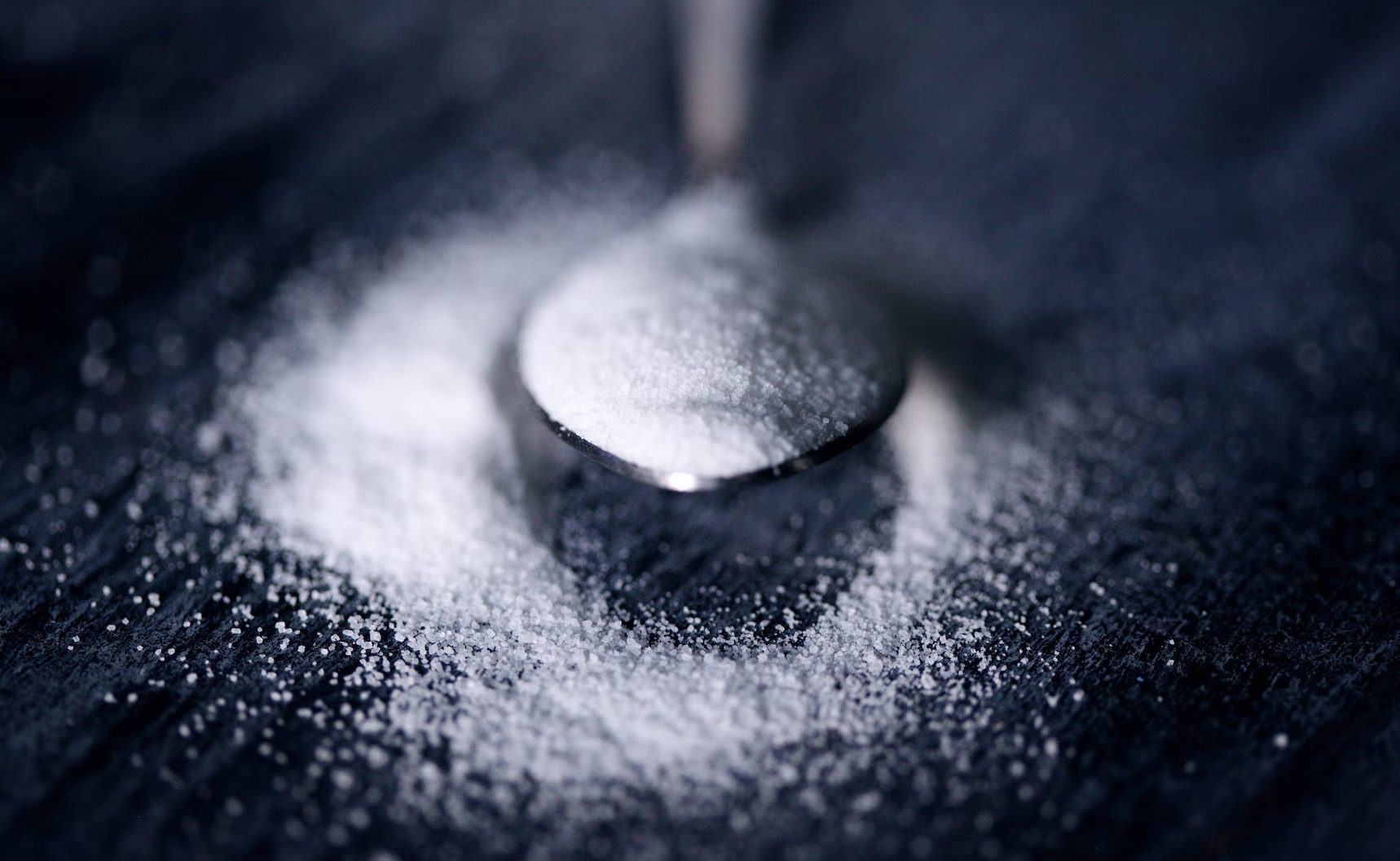
On Wednesday, the Biden regime banned the world’s largest sugar producer from exporting its product to the United States due to allegations that it was produced using forced labor.
“Effective November 23, 2022, U.S. Customs and Border Protection (CBP) personnel at all U.S. ports of entry will detain raw sugar and sugar-based products produced in the Dominican Republic by Central Romana Corporation Limited (Central Romana),” US Customs and Border Protection (CBP) said in a statement.
Although Central Romana is headquartered in the Dominican Republic, it is owned by the Fanjul family, who are influential sugar barons based in West Palm Beach, Florida, according to UPI.
Due to information suggesting that forced labor is being used by Central Romana, CBP issued a Withhold Release Order (WRO).
According to CBP, they have identified five of the International Labour Organization’s 11 indicators of forced labor during its investigation: abuse of vulnerability, isolation, withholding of wages, abusive working and living conditions, and excessive overtime.
“This Withhold Release Order demonstrates CBP’s commitment to protect human rights and international labor standards and to promote a fair and competitive global marketplace,” said CBP Acting Commissioner Troy Miller. “The agency will continue to set a high global standard by aggressively investigating allegations of forced labor in U.S. supply chains and keeping tainted merchandise out of the United States.”
“CBP continues to set the international standard for ensuring that goods made with forced labor do not enter U.S. commerce,” said AnnMarie R. Highsmith, Executive Assistant Commissioner, CBP Office of Trade. “Manufacturers like Central Romana, who fail to abide by our laws, will face consequences as we root out these inhumane practices from U.S. supply chains.”
One user commented on this decision, “So let me get this right possible forced labor in the Dominican republic but China has slave labor and this administration is in bed with them. Dominican Republic is not buying up land around our military bases plus they do not have their own police department in our country like China does. I guess if Dominican Republic was bribing this administration like China is they would not be banned. But wait, wasn’t it Nancy that wanted cheap/slave labor from the illegal aliens to work out farms?”
The People’s Republic of China (PRC) has conducted a widespread incarceration and political indoctrination campaign against Uyghurs, who are mostly Muslim, and other ethnic and religious minority groups in Xinjiang, a large region in western China.
In Xinjiang, the government is the trafficker, according to the U.S. Department of State.
Business and Human Rights Resource Center reported:
In March 2020, the Australian Strategic Policy Institute (ASPI) published a report Uyghurs for sale: ‘Re-education’, forced labour and surveillance beyond Xinjiang, which identified 83 foreign and Chinese companies as allegedly directly or indirectly benefiting from the use of Uyghur workers outside Xinjiang through potentially abusive labour transfer programs.
ASPI estimates at least 80,000 Uyghurs were transferred out of Xinjiang and assigned to factories in a range of supply chains including electronics, textiles, and automotives under a central government policy known as ‘Xinjiang Aid’. The report identified 27 factories in nine Chinese provinces that are using Uyghur labour transferred from Xinjiang since 2017.
ASPI reached out to the 83 brands to confirm their relevant supplier details. Where companies responded before publication, they have included their relevant clarifications in their report.
Business & Human Rights Resource Centre invited Abercrombie & Fitch, adidas, Amazon, BMW, Gap, H&M, Inditex, Marks & Spencer, Nike, North Face, Puma, PVH, Samsung and UNIQLO to respond; their responses are provided. We invited Apple, Esprit, and Fila to respond; they did not. L Brands sent its response after publication of our Weekly Update, in October 2020.
Read more here.



Post a Comment